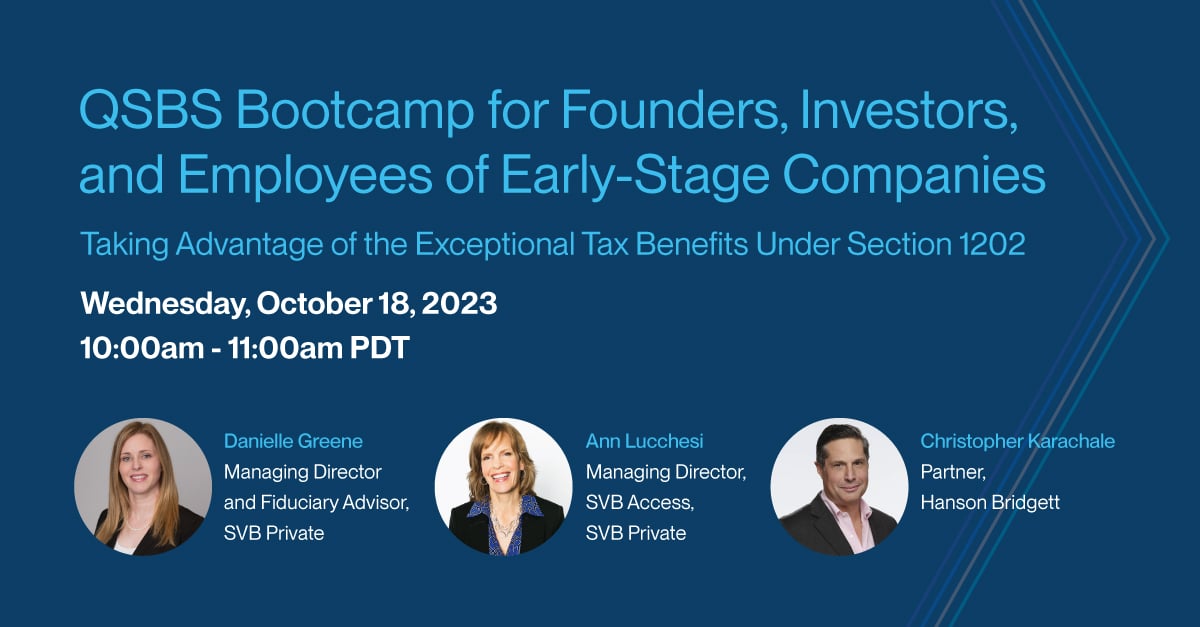UPDATE 8/5/2022: As negotiations among the Democrat caucus continued after the release of the proposed tax and climate bill negotiated by Senators Manchin and Schumer, efforts to gain the support of Senator Sinema have resulted in changes to the proposed legislation.
Importantly, these changes mean that efforts to eliminate the current tax treatment on carried interest have been removed from the legislation. This means that private equity and venture capital will continue to be able to pay a lower capital gains rate on their primary forms of compensation. This was viewed as important in efforts to not upend innovation and investment in start ups that are viewed as vital to the growth of the economy.
Additionally, lawmakers in the Democrat caucus have agreed to alter a 15% minimum tax on corporations and a new 1% excise tax on stock buybacks by corporations.
Democrats in the Senate are now waiting for the parliamentarian to determine whether parts of the bill meet the chamber's strict budget legislation rules. Provided the parliamentarian gives the green light, Senator Schumer has stated that the revised legislation will be brought to the chamber floor on Saturday, setting the bill on the path to passage with a simple majority vote.
Removing the raise in taxes on PE/VC meant that the legislation won’t attempt to include any new taxes on the wealthy.
News the week of July 25 was quite eventful from a tax and wealth planning perspective. Senators Manchin and Schumer agreed on the “Inflation Reduction Act of 2022,” a tax and spending plan that will be added to the FY2022 Budget Reconciliation bill. The Senate may vote on the bill prior to the August recess.
As it currently stands, the bill includes changes to Section 1061 of the Code, which was added to the Code in 2017 by the Tax Cuts and Jobs Act “TCJA.”
The most significant of these changes is “Section 1231 gains,” which cover gains from the sale of real property used in a trade or business, would be a three-year holding period that allows carried interest holders to receive the benefit of long-term capital gain rates. As such, if the new bill is enacted, real estate carried interest or “promote” will generally be taxed as short-term capital gain unless the holding period requirements are met.
In addition to the changes to the gains that are subject to Section 1061 of the Code, the proposed legislation would call for substantial changes to the taxing of carried interests.
Carried interests not derived from real property gains used in a trade or business would be subject to a five-year holding period, except for taxpayers with an AGI of $400,000 or less, who would benefit from a holding period of three-years.
The holding period would be determined by the following:
- The date on which the service provider acquired substantially all the carried interest with respect to which the amount is realized
- The date on which the entity in which such carried interest is held acquired substantially all assets held by such entity
As a result, a service provider that receives a carried interest (promote) does not receive the benefit of the holding period in the underlying asset.
Transfers of carried interest would be subject to taxation at short-term capital gain rates, even if a non-recognition provision would otherwise apply.
The proposed change in law would be effective for tax years beginning after December 31, 2022.
To discuss the topics mentioned above in more detail, please contact your SVB Private Wealth Advisor.














